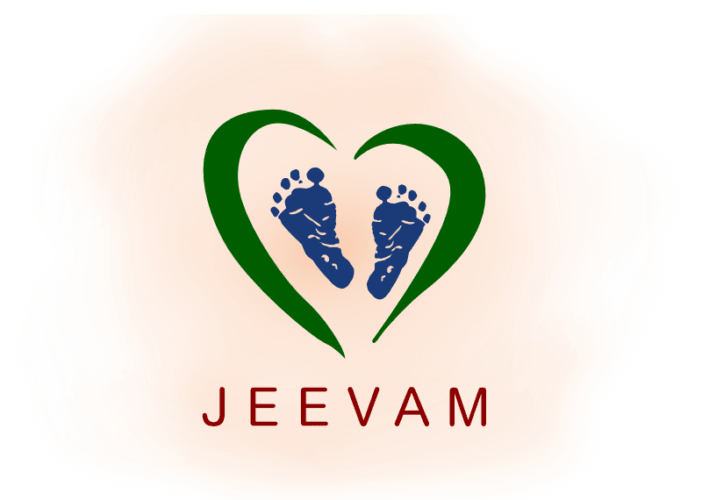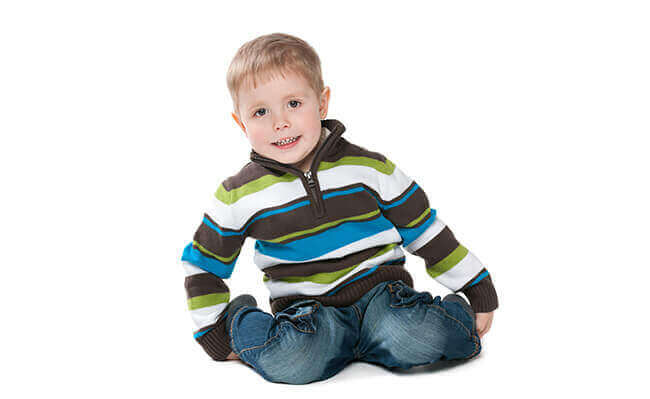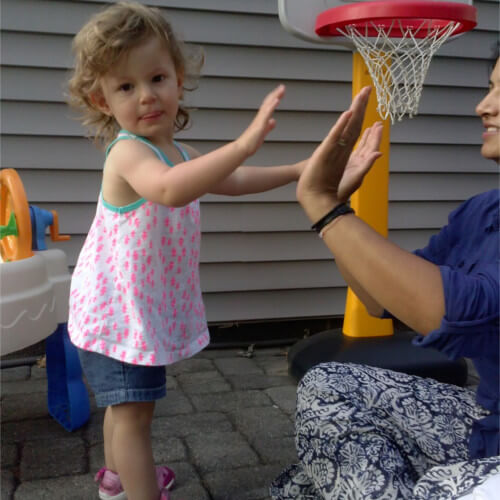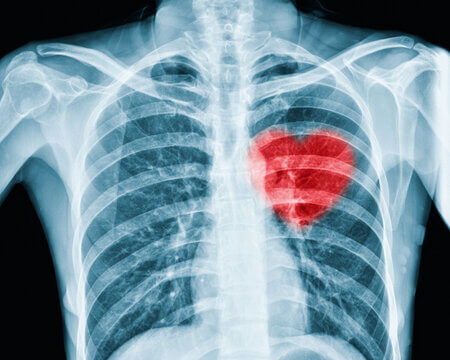There is a great deal of controversy over a sitting position common for young children, called W-sitting. W-sitting, so named because the legs splay out to form a W pattern, has been associated with causing several developmental orthopedic problems and doctors have warned to discourage children from assuming this position. Though there are some pediatricians who see it as nothing more than any innocent phase that will usually not exert a long-term affect on physiological development, the prevailing wisdom is still for parents to encourage other sitting positions in order to avoid a host of developmental problems that can affect both posture and motor skills.
Why Do Children W-sit?
Toddlers often prefer W-sitting for two main reasons. First, babies are often born with a temporary condition known as femoral anteversion, which means that their thigh bones are inwardly rotated. A position that may look painful to adults is actually more comfortable to children whose femurs are turned. Second, W-sitting offers a great amount of stability for play without involving the core muscles and for a child concentrated on a toy in his or her hands, it may be natural to assume the W-sit to focus solely on the toy being manipulated. This shift in muscle activation is the second danger, however, since it occurs at a stage that is key for developing balance. W-sitting can, in some cases, indicate other motor disorders in young children and if the position is very persistent, parents should watch out for limping or inward-facing toes when walking and running. If these warning signs are observed, parents should see our pediatric physical therapist at Jeevam Therapy.
Health Dangers of W-Sitting
- Not developing a dominant hand: there is evidence to indicate that children who often W-sit do not need to reach across body to grasp objects and instead use their hands indiscriminately. Though this may seem fine at first, it can lead to poor development of fine motor control associated with a dominant hand.
- Not developing proper body-balance: W-sitting doesn’t allow children to rotate their trunk or activate their core-stabilizing muscles. At a formative time when children need to build neuro-motor skills, this can lead to a long-term lack of balance development and possibly posture problems.
- Knee and hip dislocation and displacement: though it is still unproven whether W-sitting increases the incidence of hip displacement later in life, and this may depend on femur position in early childhood, many children can suffer both knee and hip dislocation due to the rotational stress on the hips and knees. A pediatric physical therapist can help prevent possible long-term injury in this case.
- Aggravate muscle tightness: similar to the tightness in their hip-flexors that office workers experience from prolonged periods of sitting, W-sitting in young children can aggravate muscle and tendon tightness, leading to posture problems later.
How to Prevent W-Sitting
At Jeevam Therapy, early intervention strategies include teaching parents to encourage healthier postures. We also suggest exercises, such as with the legs extended in front, legs together to the side or even a healthy, deep squat position that places the knees over the feet, to promote better leg positioning. In order to encourage these healthier postures, parents can occasionally press their child’s feet together when crawling which encourages them to keep the legs together rather than in a W position. By addressing these issues early, Jeevam Therapy helps children build strong core stability, joint health, and motor skills that lay the foundation for lifelong physical well-being.
Seeking Professional Support at Jeevam Therapy
If W-sitting is persistent, our physical therapist at Jeevam Therapy can assist in developing exercises to strengthen core muscles and prevent potential injuries. Additionally, with our early intervention approach, we are able to support children’s healthy development from the start. Contact Jeevam Therapy today for more information on how pediatric physical therapy can benefit your child’s development and help prevent future musculoskeletal issues. Schedule a screening at our Metuchen and Paramus clinics for a nominal fee and learn about the next steps for your child’s treatment.
Source:
- http://www.pediatricservices.com/parents/pc-22.htm
- http://www.today.com/parents/why-w-sitting-really-not-so-bad-kids-after-all-t69806
- http://www.wbko.com/content/news/W-Sitting-Fix-or-Forget-377990821.html
Tags: PhysicalTherapy, WSittingAwareness, ChildDevelopment, CoreStrength, ParentingTips, PhysicalWellness, EarlyIntervention, JeevamTherapy, HealthyPosture, KidsHealth, MotorSkills, PediatricTherapy, HealthyKids




